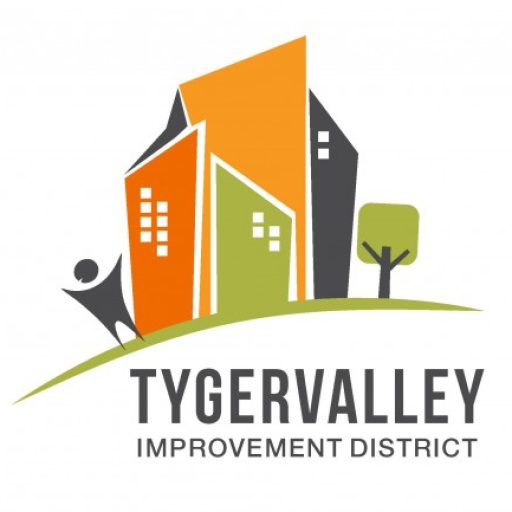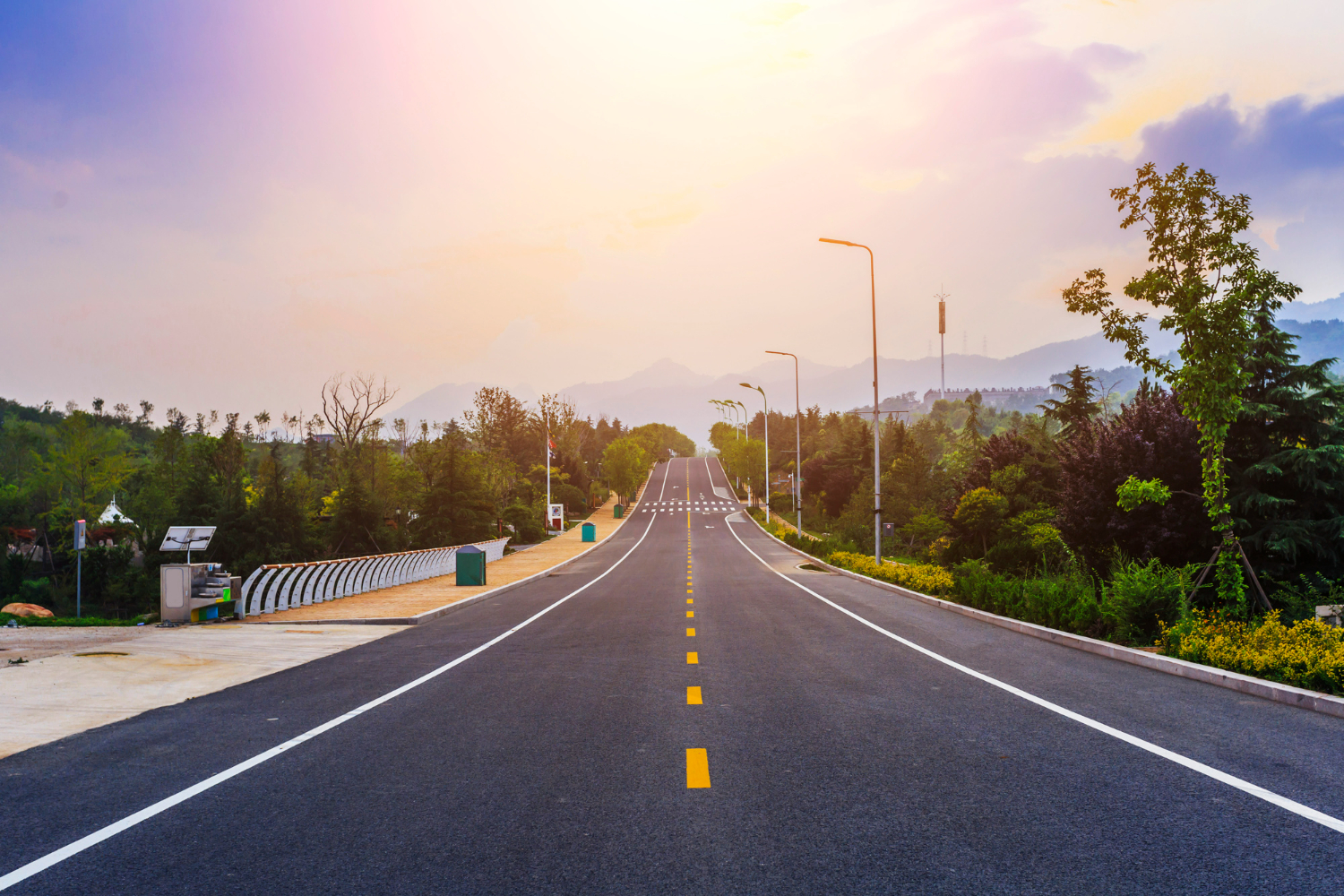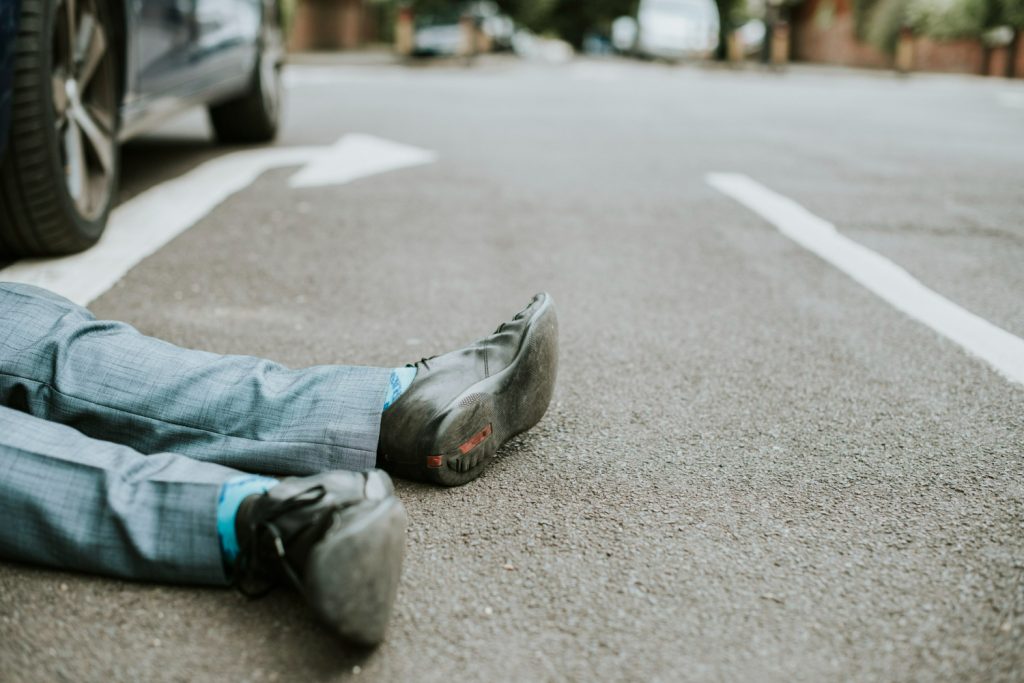As we approach the Easter weekend many families are looking forward to much needed time spent bonding over easter egg hunts and delicious lunches. However, as we all travel to our destinations, the days leading up to Easter weekend see many more motorists driving further in the first rains of our wet season.
As we set off in these conditions, we urge all motorists to take extreme caution and increase their awareness of the common causes of accidents and other road-users safety.
Here are our top tips for travelling safely this Easter weekend.
Check your vehicle.
Many accidents happen due to vehicles not reacting to a driver’s delayed response If you are travelling in heavy rain, use the brightest setting for your head and tail lights to improve visibility. Ensure that your wiper blades are in good condition as spray from other vehicles reduces visibility considerably so take extra care when overtaking or being overtaken. Braking is significantly impacted by the tread on your tyres so make sure you have sufficient tread. If you experience car trouble, turn on your hazard lights as bright as you can, set up additional warning signs if you have them in your car and pull off the road. Remain seated inside the car especially at night, as glare from your hazards may make it difficult for oncoming traffic to see you.
For more information on how to check your vehicle watch the Arrive Alice video below
Leave early and take breaks.
Due to the increasing amount of vehicles on the road drivers should leave earlier and be prepared for delays on the roads during poor weather conditions. This will help you avoid any abrupt acceleration, excessive speed and sudden steering movements which are the main culprits of accidents. Additionally, adjust your speed and following distance – five to seven seconds to break – to ensure that you can stop safely.
Drivers’ fatigue – caused by long-distance driving after a long day at work or a late night – is also a major contributor to fatal accidents. Emotional stress, lack of sleep, boredom and sun glare all cause fatigue so make sure to get a good seven hours of sleep before you travel. Additionally, for most of us, our sleep-wake cycle is set to be resting between 2 am and 6 am so try not to travel in these low light early hours of the morning.
If you are tired, stop and have a rest. Signs that you are too tired to drive include your eyes shutting, daydreaming, swerving, crankiness, restlessness and frequent yawning or eye rubbing.
Remain aware of other road users.
Last year, approximately 35% of the people who died on the roads over the Easter long weekend were pedestrians – making them the group most affected by accidents. Please remain aware of the sides of the road, particularly when travelling between towns as many people hitchhike to see their families. In areas of particular interest, there will also be signs alerting you to remain vigilant. Once you have spotted a pedestrian, slow down and give them lots of space until you have passed them fully as those who have consumed alcohol are likely to make dangerous decisions. If you can, plan to avoid driving in low light conditions as these combined with bad weather make other road users far more difficult to see.
Do not drink and drive – at all.
According to the new amendments in the National Road Traffic Act, anyone caught with blood that has an alcohol content of more than 0.05% will be arrested, charged with Driving Under the Influence of Liquor and held in custody until they can post bail if bail is not denied. Depending on your record, and the circumstances surrounding your arrest, you face the loss of your driver’s licence, a criminal record, a minimum fine of R2 000, a two-year prison sentence, or all of the above.
To put 0.05% into perspective any more than 350ml of beer, or a single tot of Brandy puts you over the limit with these levels of alcohol remaining in your system for up to eight hours after consumption.
Be aware of the signs of other drivers who may be drunk around you, such as weaving between lanes, accelerating and braking erratically or displaying delayed responses. If you think another driver is intoxicated, put more distance between yourselves and them as quickly and safely as you can. Please also report it by contacting the City’s Law Enforcement, Traffic and Coordination Department by calling 021 480 7700 or the National Traffic Call Centre on 086 140 0800.
By making sure we have road safe vehicles, taking our time getting where we are going, respecting the pedestrians on our roads and never getting on the roads intoxicated we ensure that all of us can enjoy safer roads this Easter.
Headlines From The City
City’s budget will do more to clean up our Mother City
City serious about diverting organic waste from landfills
Comment on the City’s draft Integrated Development Plan 2022 – 2027
Featured image credits : <a href=’https://www.freepik.com/photos/green-road’>Green road photo created by 4045 – www.freepik.com</a>


